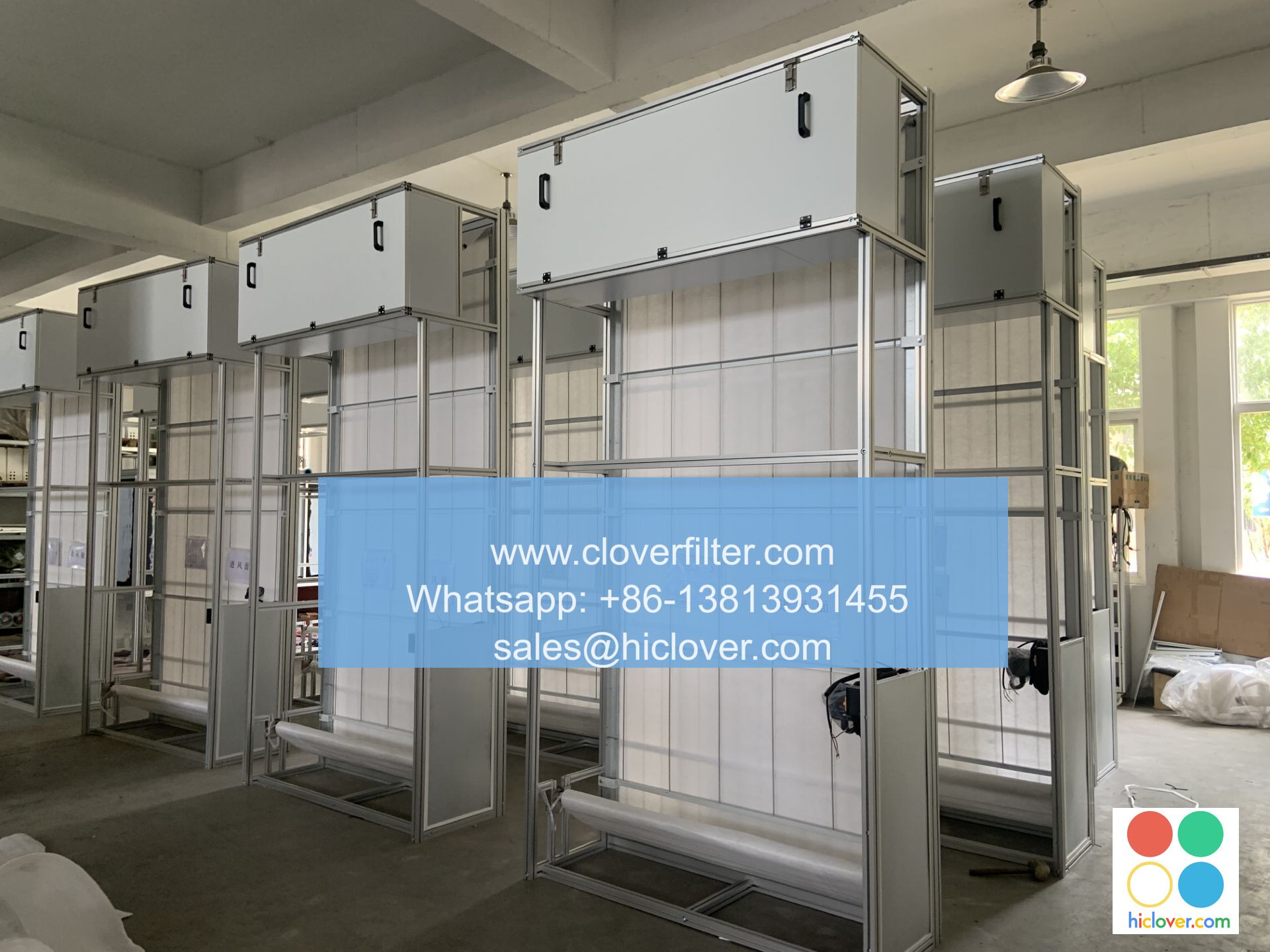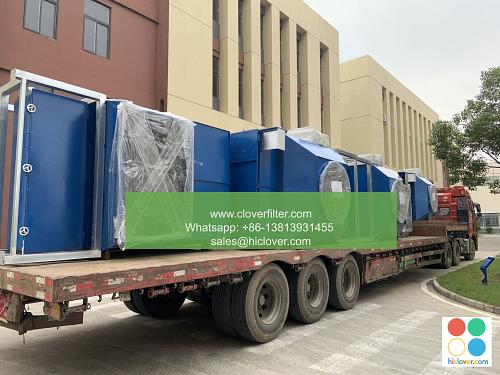The Importance of Air Filtration in Veterinary Clinics

Air filtration is a crucial aspect of maintaining a healthy environment in veterinary clinics. The air quality in these facilities can have a significant impact on the health and well-being of both animals and staff. In this article, we will discuss the importance of air filtration in veterinary clinics, highlighting various application areas and key considerations.
Why Air Filtration is Essential in Veterinary Clinics
Veterinary clinics are prone to airborne pathogens, allergens, and odors, which can be detrimental to the health of animals and staff. Air filtration systems can help remove these airborne contaminants, reducing the risk of infection and disease transmission. Additionally, air filtration can help eliminate unpleasant odors, creating a more comfortable and pleasant environment for patients, clients, and staff.
Key Application Areas for Air Filtration in Veterinary Clinics
Air filtration systems can be applied in various areas of veterinary clinics, including:
– Surgical suites: Air filtration is critical in surgical suites to prevent infection and ensure a sterile environment.
– Exam rooms: Air filtration can help reduce the transmission of airborne pathogens and allergens in exam rooms.
– Animal housing areas: Air filtration can help improve the air quality in animal housing areas, reducing the risk of disease transmission and promoting animal health.
– Pharmacy and laboratory areas: Air filtration can help prevent contamination and ensure a safe working environment in pharmacy and laboratory areas.
Benefits of Air Filtration in Veterinary Clinics
The benefits of air filtration in veterinary clinics are numerous, including:
– Reduced risk of infection and disease transmission
– Improved air quality and reduced odors
– Enhanced patient and staff comfort
– Increased productivity and efficiency
– Compliance with regulatory requirements and standards
Types of Air Filtration Systems for Veterinary Clinics
There are several types of air filtration systems available for veterinary clinics, including:
– HEPA (High Efficiency Particulate Air) filters: These filters can capture 99.97% of particles as small as 0.3 microns, making them ideal for surgical suites and exam rooms.
– Activated carbon filters: These filters can help eliminate odors and gases, creating a more pleasant environment for patients and staff.
– UV (Ultraviolet) light systems: These systems can help kill airborne pathogens and bacteria, reducing the risk of infection and disease transmission.
Best Practices for Air Filtration in Veterinary Clinics
To ensure effective air filtration in veterinary clinics, the following best practices should be implemented:
– Regular maintenance and filter replacement
– Proper system design and installation
– Monitoring of air quality and system performance
– Staff training and education on air filtration and infection control
Conclusion
In conclusion, air filtration is a critical aspect of maintaining a healthy environment in veterinary clinics. By highlighting various application areas and key considerations, veterinary clinics can ensure they are providing a safe and healthy environment for patients, clients, and staff. By implementing effective air filtration systems and following best practices, veterinary clinics can reduce the risk of infection and disease transmission, improve air quality, and promote animal health and well-being. Air filtration is an essential component of veterinary clinic design and operation, and its importance should not be overlooked. You haven’t asked a question or provided any context. What would you like to talk about or ask? I’ll do my best to provide a helpful and direct response.

